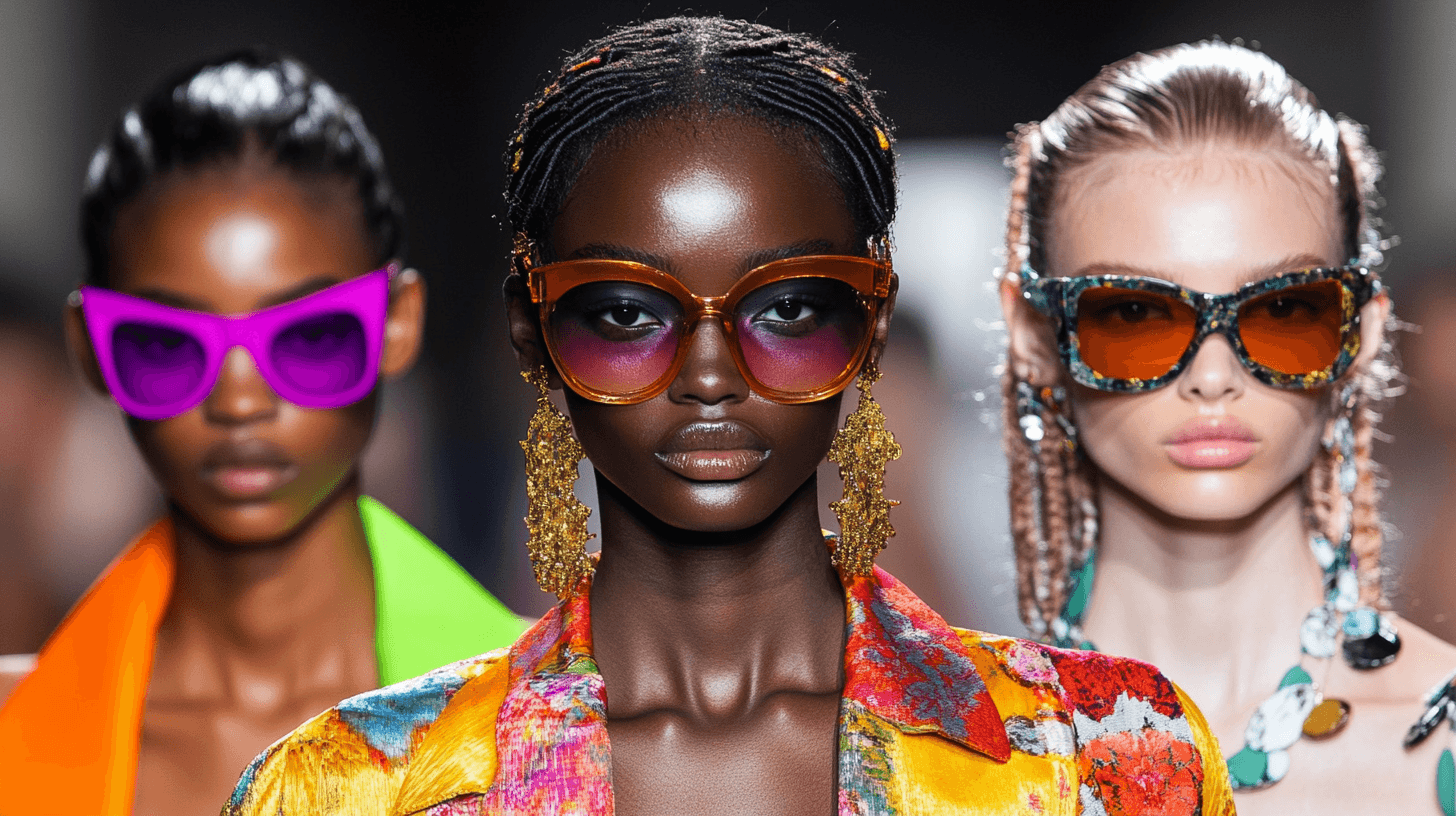
The future of influencer and model labels: Where are we headed?
In recent years, the fashion world has fundamentally changed. Influencers and fashion labels are closely intertwined and shape the way fashion is perceived and consumed today. With millions of followers on social media and the ability to authentically convey brand messages, influencers have revolutionized marketing. But how will this trend evolve in the future? And which renowned fashion labels work particularly successfully with influencers?
1. From Influencer to Own Brand
The future is likely to bring even more overlaps between influencers and fashion labels. Influencers are no longer just intermediaries between brands and consumers. Increasingly, they are using their reach to create their own fashion and lifestyle brands. Examples include major influencers like Chiara Ferragni with her own label Chiara Ferragni Collection or Kylie Jenner with Kylie Cosmetics, who have turned their followers into loyal customers.
2. Fashion Collaborations with Major Labels
Many of the biggest fashion labels recognized the trend early on and are deliberately focusing on collaborations with influencers. Through these partnerships, they reach new target audiences and benefit from the authenticity and closeness influencers have with their followers. Here are some of the most prominent fashion labels actively working with influencers:
- Gucci: Gucci is a pioneer in collaborating with influencers and regularly works with prominent social media stars. Their creative campaigns often feature a mix of traditional models and influencers.
- Dior: Dior regularly uses influencers to promote its new collections. These include world-renowned influencers like Bella Hadid, who represents the label both on social media and at runway shows.
- Louis Vuitton: Louis Vuitton collaborates with top-tier influencers to make its luxury fashion accessible to a younger audience. Influencers like Emma Chamberlain and Chiara Ferragni often share their Louis Vuitton looks on Instagram.
- Balmain: The French label Balmain frequently works with well-known influencers to showcase its collections. Olivier Rousteing, the creative mind behind Balmain, is a social media icon himself and relies on strong influencer campaigns.
- Chanel: Chanel, one of the most prestigious luxury labels in the world, also regularly collaborates with influencers like Caroline Daur or Camila Coelho, bringing the label closer to a broader digital audience.
- Adidas: Adidas works with a wide range of influencers, including athletes, musicians, and fashion influencers. Notably, collaborations with Kendall Jenner and Pharrell Williams have further solidified the brand in the fashion world.
- Nike: Nike strategically uses influencer marketing to strengthen its brand and tell authentic stories around fitness and lifestyle. Particularly noteworthy is the collaboration with influencers like Naomi Osaka and Serena Williams.
- Zara: Fast-fashion giants like Zara increasingly rely on influencers to market their trends and collections quickly and authentically. Influencers like Julie Sariñana and Aimee Song regularly work with the brand.
- H&M: H&M collaborates with influencers and stars from various fields to promote its collections globally. Their capsule collections, often with well-known names, are frequently in the spotlight thanks to influencer marketing.
- PrettyLittleThing: This rising fashion label works increasingly with micro-influencers and social media stars. Names like Molly-Mae Hague, a former contestant on the British show Love Island, play a central role in their campaigns.
3. Micro-Influencers on the Rise
While many of the major labels work with mega-influencers, a new trend is focusing on so-called micro-influencers. These influencers often have a smaller but highly engaged community that strongly trusts their recommendations. Labels like ASOS, Revolve, and Boohoo are increasingly working with micro-influencers because they often have an even more authentic connection to their audience.
4. Technology and Virtual Influencers
The future may not be dominated by human influencers alone. Virtual influencers like Lil Miquela, a computer-generated personality, have gained popularity in recent years. Major fashion labels like Prada and Calvin Klein have already launched campaigns with virtual influencers. This development shows that technology and fashion will become even more closely integrated in the coming years.
Conclusion: A Symbiotic Future
The collaboration between influencers and fashion labels will continue to play a key role in the fashion industry in the future. Influencers offer brands access to authentic and engaged target groups, while brands can increase their reach and credibility through these partnerships. From micro-influencers to virtual personalities, the world of fashion is constantly evolving and becoming more digital.
In the coming years, the fashion industry will find new ways to work with influencers and digital tools to meet the changing needs of consumers. Those who miss this development risk falling behind, and fashion labels face the challenge of staying innovative and authentic.


